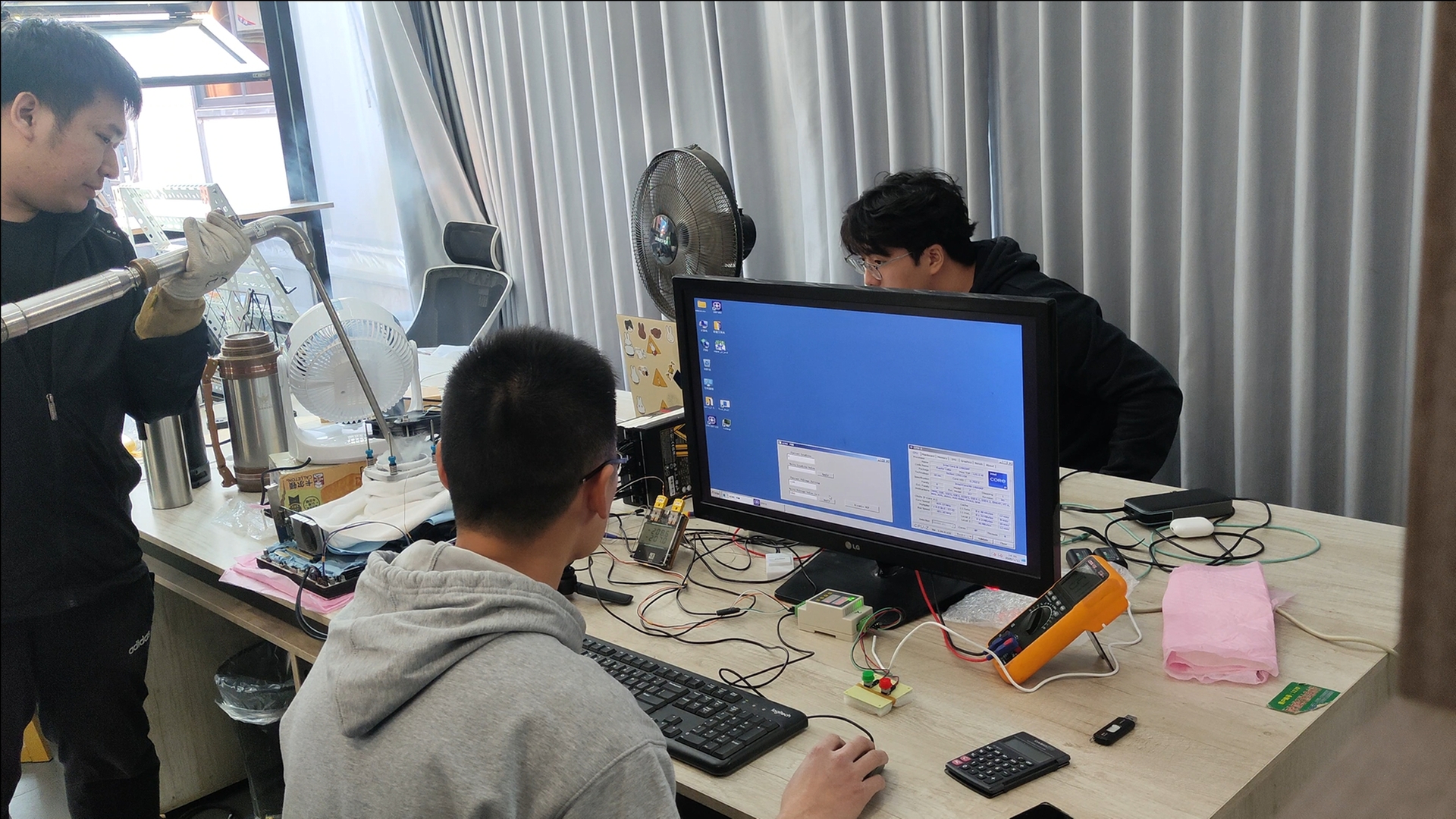
There’s an new king of the HWBot overclocking hill and it’s the Intel Core i9 14900KF. Actually, the 14900KF has held the frequency record for CPUs before. But a Chinese overclocker going by the name “wytiwx” just upped the ante to a new world record for any CPU ever of 9.12161 GHz.
Yup, once again it’s an older Raptor Lake Intel CPU that’s marginally increased on the previous record, the 9.11775 GHz achieved by a 14900KS in March last year. In other words, Intel’s latest Arrow Lake CPUs, including the Core Ultra 9 285K, are nowhere to be seen in the top echelons of overclocking.
Is that because of Arrow Lake’s architecture? Or is TSMC’s 3N silicon as used for Arrow Lake’s CPU cores not actually as good as Raptor Lake’s Intel 7 node (the node formerly known as 10nm) at overclocking?
It’s possibly a bit of both. But despite Intel’s well-publicised difficulties when it comes to chip manufacturing technology in recent years, there’s no doubting that Big Blue has a great track record when it comes to achieving top frequencies.
Intel is due to move back to its own 18A node for high performance desktop CPU manufacturing with Panther Lake. So it will be interesting to see if Intel’s new 18A deskto CPUs can beat these old Raptor Lake chips and edge us closer to the magic 10 GHz.
Anywho, wytiwx used an ASUS ROG Maximus Z790 Apex motherboard and, inevitably, liquid helium for cooling to achieve -258 degrees C. Chilly.
If you’re wondering, the fastest ever AMD CPU is the Bulldozer-based AMD FX 8370, which hit 8.7228 GHz over 10 years ago. It’s also interesting to note how the top frequency achieved with a PC processor has levelled off in recent years.
Between 1996 and 2007, it shot up from just 233 MHz to just over 8 GHz. But it took a further 15 years from there to top 9 GHz in 2022, and another two years or so to go from 9.008 GHz to today’s 9.12-and-a-bit GHz.
Way back in the year 2000, Intel predicted it might hit 10 GHz by 2005. Of course, back then Intel was all about clockspeed. Its Netburst Pentium 4 chips were designed for raw frequency above all else and the assumption was that improved CPU performance hinged largely on operating frequencies going up.
Shortly afterward, Intel hit something of a clockspeed wall and the whole industry switched tack in favour of more cores running rather slower than 10 GHz. Then again, with improvements in transistor density also levelling off, perhaps we’ll see a return to an emphasis on frequency and that 10 GHz barrier might finally be breached. Watch this space, peeps.
Source link











Add comment